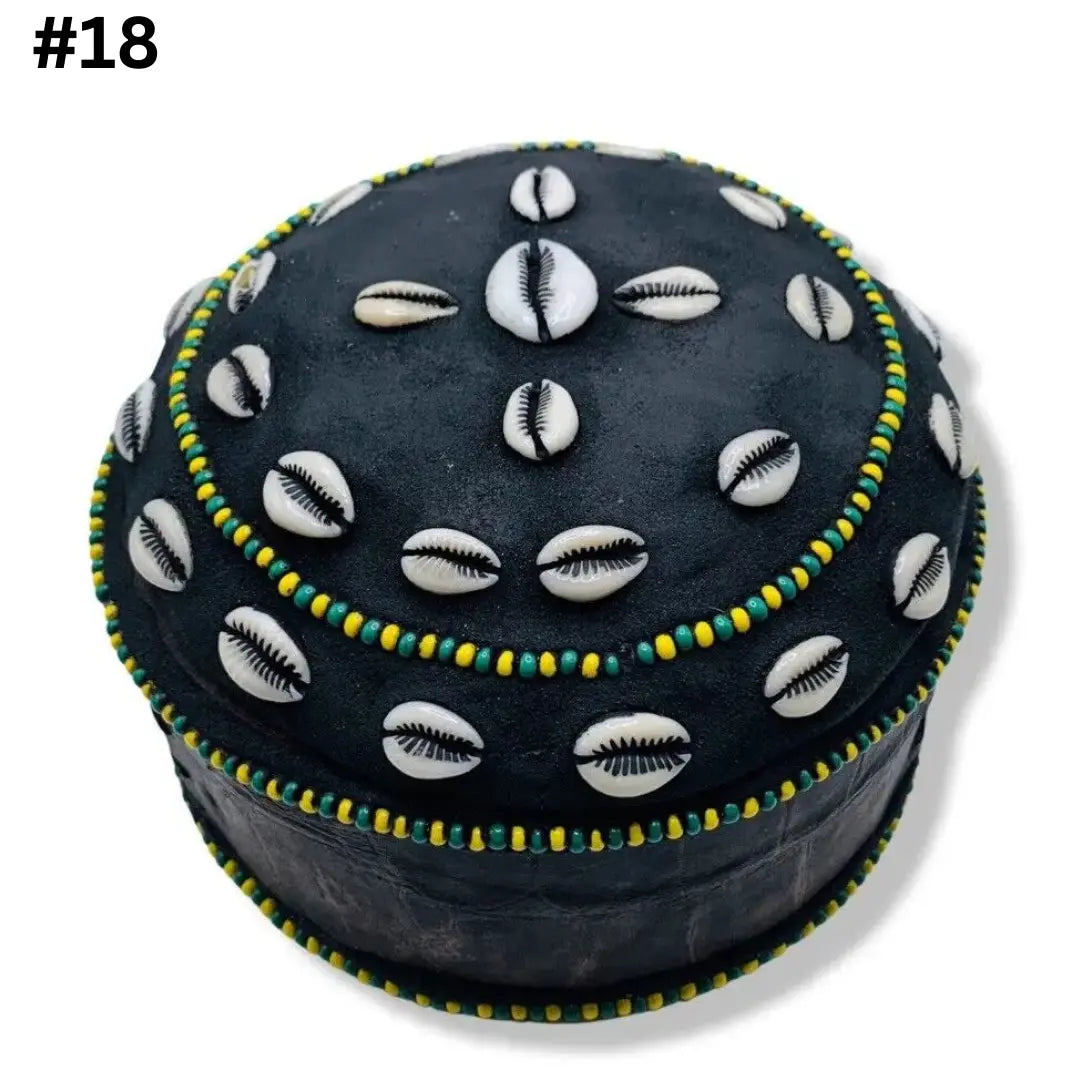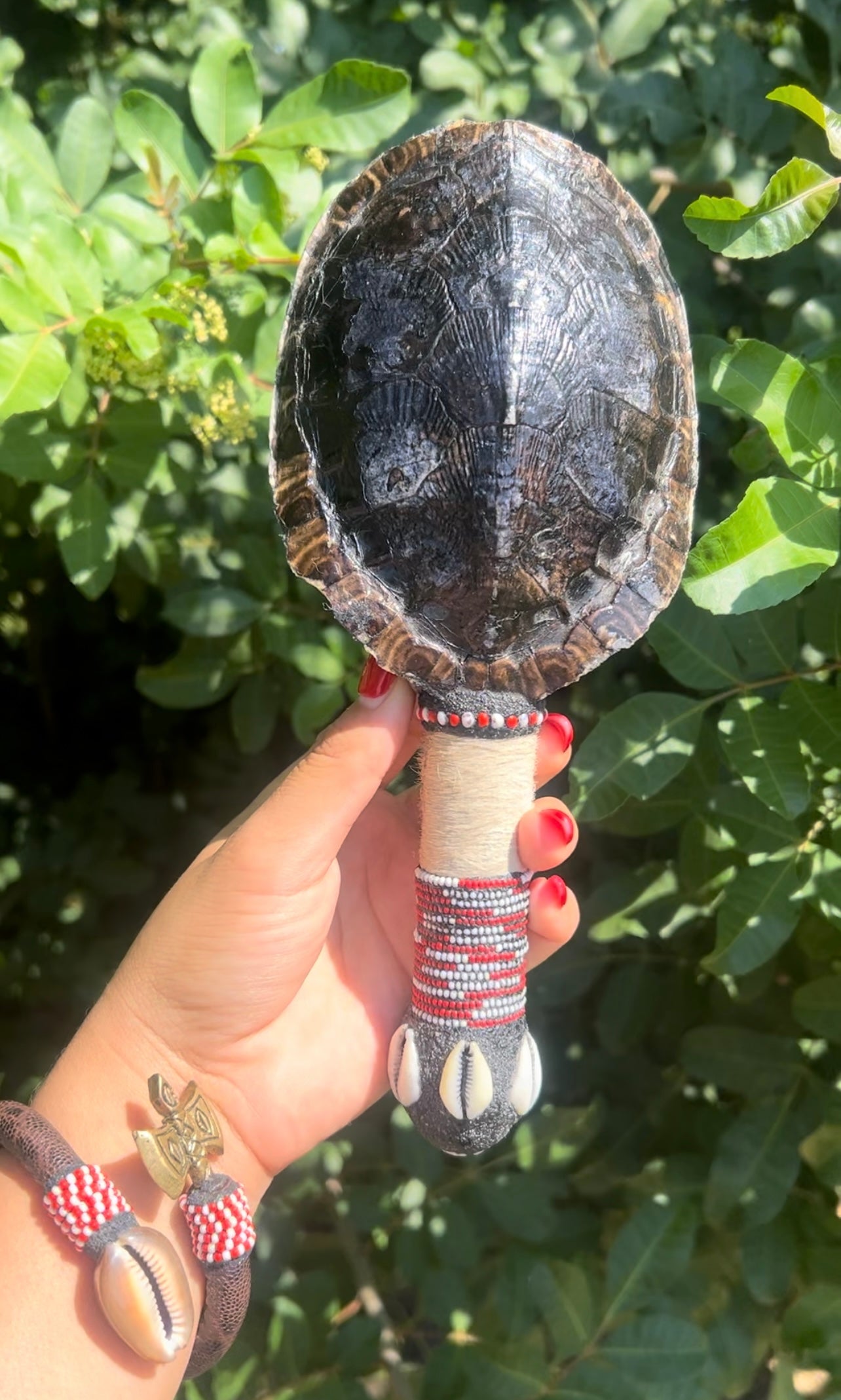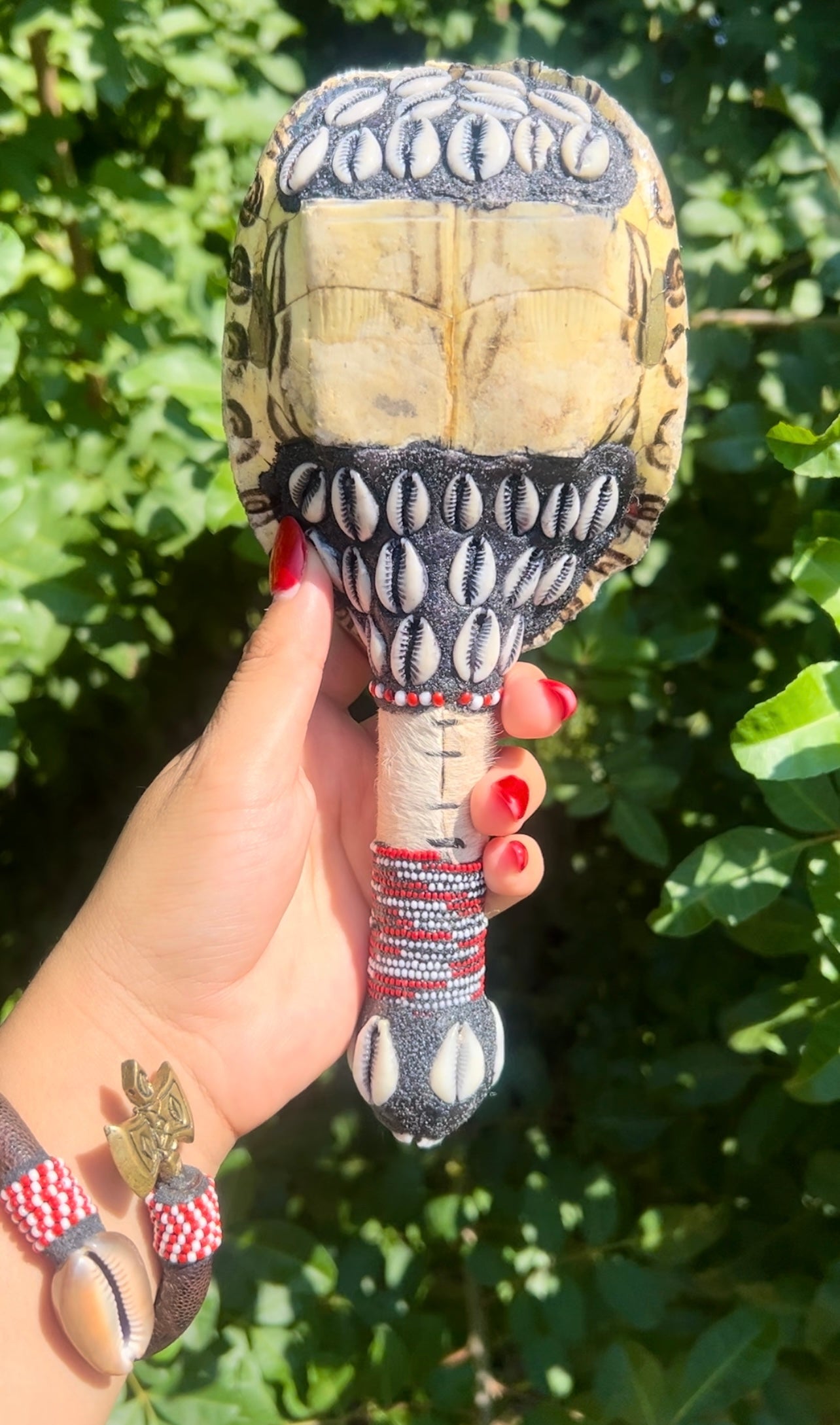Introduction
Choosing the right elder in Santeria, often referred to as a Padrino (godfather) or Madrina (godmother), is crucial for anyone seeking spiritual guidance within this Afro-Cuban religion. The relationship you form with your spiritual mentor can profoundly impact your spiritual journey. So, what happens if you choose the wrong elder? Let's delve into the dangers and consequences of such a decision.
Understanding Santeria
Santeria, also known as Regla de Ocha, is a religion that originated in the Yoruba culture of West Africa and was brought to the Caribbean through the transatlantic slave trade. It blends elements of Catholicism with Yoruba beliefs, creating a rich tapestry of rituals, deities, and spiritual practices.
Origins and Beliefs
Santeria revolves around the worship of Orishas, deities that represent different aspects of nature and human experience. Practitioners engage in rituals, offerings, and ceremonies to honor these deities and seek their guidance.
Role of Padrino and Madrina
Padrinos and Madrinas are elders who guide initiates through their spiritual journey, offering wisdom, performing rituals, and ensuring the proper transmission of traditions. They play a vital role in the lives of their godchildren, often becoming like family.
Who Are the Padrino and Madrina?
A Padrino or Madrina in Santeria is more than just a mentor; they are a spiritual parent. Their responsibilities include teaching, protecting, and guiding their godchildren in both spiritual and personal matters.
Definition and Responsibilities
Padrinos and Madrinas oversee initiations, divinations, and other important ceremonies. They are responsible for the spiritual well-being of their godchildren, providing support and advice when needed.
Importance in Spiritual Guidance
The right elder can help you navigate the complexities of Santeria, ensuring that you receive proper training and support. They act as intermediaries between you and the Orishas, helping you understand and fulfill your spiritual path.
The Role of Trust in Santeria
Trust is the cornerstone of the relationship between a godchild and their Padrino or Madrina. Without it, the foundation of your spiritual practice can crumble.
Building a Trusting Relationship
A good elder will take the time to build a trusting relationship, demonstrating reliability, honesty, and genuine concern for your well-being. This trust allows you to open up and fully engage in your spiritual practices.
Consequences of Broken Trust
When trust is broken, it can lead to feelings of betrayal, spiritual confusion, and emotional distress. The godchild may become disillusioned with the practice, potentially abandoning it altogether.
Qualities of a Good Padrino or Madrina
Not all elders are created equal. Some possess qualities that make them exceptional guides, while others may fall short.
Experience and Knowledge
A good elder has extensive experience and knowledge of Santeria, often having undergone rigorous training and initiation themselves. They are well-versed in the rituals, history, and teachings of the religion.
Compassion and Integrity
Compassion and integrity are crucial traits. A good Padrino or Madrina will prioritize your well-being, offering support and guidance without exploiting or manipulating you.
Red Flags to Watch For
Certain behaviors and traits can signal that an elder may not be the right fit for you.
Lack of Transparency
An elder who is unwilling to explain their methods or answer questions openly may be hiding something. Transparency is key to building trust and ensuring that you understand the practices you are engaging in.
Exploitative Behavior
Beware of elders who demand excessive amounts of money, gifts, or services. While some exchange of offerings is normal, it should not feel coercive or exploitative.
Inconsistent Practices
If an elder's practices seem inconsistent or contradictory, it may be a sign that they are not well-grounded in the traditions of Santeria. Consistency in rituals and teachings is important for your spiritual growth.
The Impact of Choosing the Wrong Elder
The consequences of choosing the wrong Padrino or Madrina can be severe and far-reaching.
Spiritual Harm
An ill-suited elder can lead you down a misguided spiritual path, causing confusion and potential harm to your spiritual well-being. You may receive incorrect teachings or engage in improper practices.
Emotional and Psychological Consequences
The emotional toll of a negative relationship with an elder can be significant. Feelings of betrayal, anxiety, and depression are common among those who have had bad experiences with their spiritual mentors.
Financial Exploitation
Financial exploitation is a real risk. Some unscrupulous elders may take advantage of their godchildren's trust, demanding large sums of money for rituals or services that are unnecessary or overpriced.
Real-Life Stories and Testimonials
Hearing from others who have experienced the negative impact of choosing the wrong elder can provide valuable insights and warnings.
Personal Accounts of Negative Experiences
Many individuals have shared stories of emotional and financial abuse at the hands of a Padrino or Madrina. These accounts highlight the importance of careful selection and the potential consequences of a poor choice.
Lessons Learned
Learning from these experiences can help others avoid similar pitfalls. The key takeaway is the importance of due diligence and trust-building when choosing an elder.
Steps to Choose the Right Padrino or Madrina
Choosing the right elder involves research, careful consideration, and trust-building.
Research and Recommendations
Start by researching potential elders and seeking recommendations from trusted members of the Santeria community. Look for elders with a good reputation and a history of positive relationships with their godchildren.
Initial Meetings and Assessments
Arrange initial meetings with potential elders to assess their suitability. Ask questions, observe their practices, and pay attention to how they interact with you.
Questions to Ask Potential Elders
To ensure you make an informed decision, ask potential elders a series of questions.
Key Topics to Cover
Inquire about their experience, training, and approach to teaching. Ask about their expectations of godchildren and how they handle conflicts or challenges.
Evaluating Their Responses
Evaluate their responses for clarity, consistency, and transparency. A good elder will be open and willing to share information, helping you feel confident in your choice.
The Importance of Community Support
Engaging with the Santeria community can provide additional support and guidance.
Engaging with the Santeria Community
Participate in community events, rituals, and gatherings to build connections and gain insights from other practitioners.
Seeking Advice and Feedback
Don't hesitate to seek advice and feedback from other community members. Their experiences and perspectives can be invaluable in helping you choose the right elder.
How to Handle a Bad Experience
If you find yourself in a negative relationship with an elder, it's important to know how to handle it.
Recognizing the Need to Change Elders
Recognize the signs of a bad relationship and acknowledge when it's time to make a change. Staying with an unsuitable elder can cause further harm.
Steps to Safely Transition to a New Elder
Seek advice on how to safely transition to a new elder. This may involve carefully ending the relationship and finding a new mentor who aligns better with your needs.
Healing and Moving Forward
After a negative experience, healing and moving forward are crucial.
Rebuilding Trust in the Practice
Work on rebuilding trust in Santeria by engaging with supportive community members and seeking guidance from a trustworthy elder.
Finding the Right Support
Finding the right support can help you heal and continue your spiritual journey with confidence and peace.
Healing and Moving Forward
Rebuilding Trust in the Practice
Trust is a delicate thing, especially when it's been broken. After a negative experience with a Padrino or Madrina, rebuilding your trust in Santeria can feel like an uphill battle. Start small. Engage in personal rituals, read sacred texts, and connect with the Orishas on your own. Gradually, you'll begin to rediscover the beauty and strength in your spiritual practice.
Finding the Right Support
Support can come from many places: friends within the Santeria community, family members who understand your spiritual path, or even online forums where you can share experiences and gain advice. Surround yourself with positive influences who encourage your growth and healing.
Conclusion
Choosing the right Padrino or Madrina in Santeria is a decision that should not be taken lightly. The wrong choice can lead to spiritual, emotional, and financial harm, while the right elder can provide invaluable guidance and support on your spiritual journey. By taking the time to research, ask the right questions, and trust your instincts, you can find a mentor who will help you thrive in your practice. Remember, your spiritual well-being is paramount, and you deserve an elder who respects and nurtures it.
FAQs
1. What is the role of a Padrino or Madrina in Santeria?
A Padrino or Madrina acts as a spiritual mentor, guiding you through rituals, teachings, and personal growth within the Santeria tradition. They offer support, wisdom, and protection.
2. How can I tell if a Padrino or Madrina is right for me?
Look for qualities such as experience, compassion, transparency, and integrity. Meet with them, ask questions, and trust your instincts. Recommendations from trusted community members can also be helpful.
3. What should I do if I have a negative experience with my current elder?
Recognize the signs of a bad relationship and don't be afraid to seek a new mentor. Consult with other trusted community members on how to transition safely to a new elder.
4. How important is community support in choosing an elder?
Very important. Engaging with the Santeria community can provide insights, recommendations, and a support system that can help you make informed decisions about your spiritual guidance.
5. Can I practice Santeria without a Padrino or Madrina?
While having a Padrino or Madrina is traditional and highly beneficial, it is possible to practice Santeria on your own, especially if you have access to reliable resources and a supportive community.












